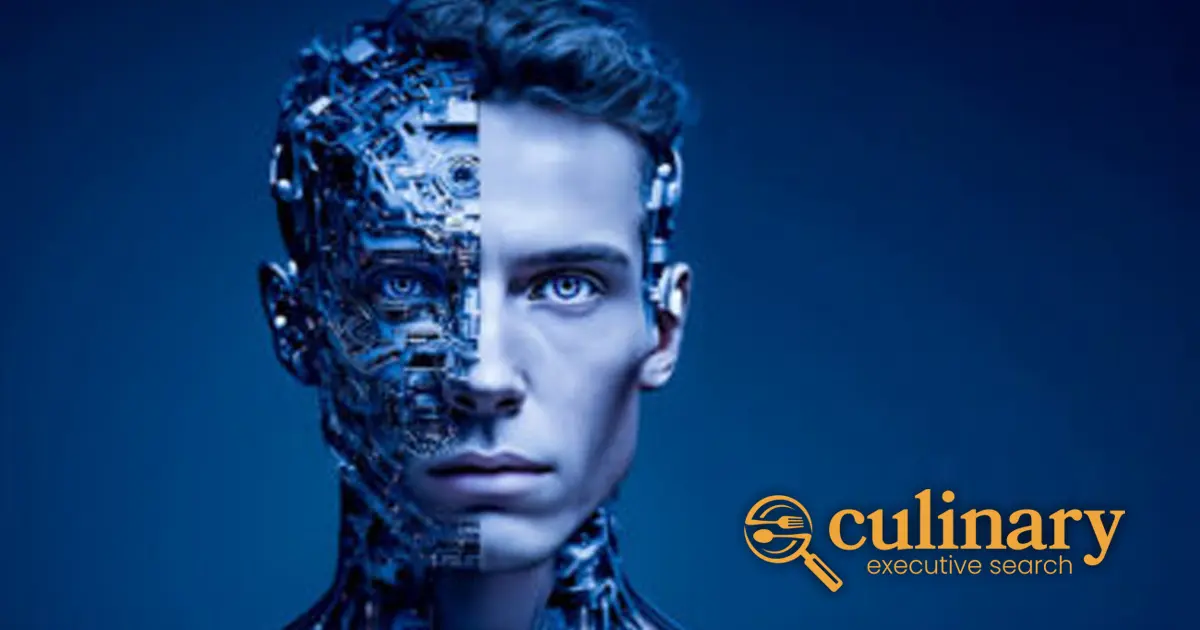The restaurant industry is undergoing a significant transformation, driven largely by advancements in artificial intelligence (AI). From enhancing customer experiences to streamlining restaurant operations, AI is reshaping how restaurants operate and interact with patrons. Here’s a closer look at how AI is making waves in the culinary world, and the impact of artificial intelligence on restaurants and hospitality jobs.
Personalized Customer Experiences
AI is revolutionizing customer interactions by enabling personalized experiences. Restaurants can leverage AI algorithms to analyze customer data, such as past orders and preferences, to offer tailored experiences. Imagine a diner returning to your establishment and being greeted with customized menu suggestions based on their previous visits. This not only enhances the dining experience but also fosters customer loyalty.
Streamlined Operations
AI is streamlining various operational aspects of restaurants. From inventory management to staff scheduling, AI systems can predict demand, optimize stock levels, and even automate ordering processes. For instance, AI-driven inventory systems can analyze sales patterns and suggest when to reorder supplies, reducing waste and ensuring that popular items are always available.
Enhanced Order Management
With the increase of online ordering and delivery services, AI is improving order management systems. Chatbots and virtual assistants can handle customer inquiries, take orders, and provide real-time updates on delivery status. This reduces wait times and enhances the overall efficiency of the ordering process, ensuring that customers have a seamless experience.
Improved Marketing Strategies
AI is transforming how restaurants approach marketing. By analyzing customer data, AI can identify trends and preferences, allowing restaurants to craft targeted marketing campaigns. Whether through social media ads or email marketing, AI enables restaurants to reach the right audience with the right message at the right time, maximizing engagement and conversion rates.
Optimizing Menu Offerings
AI also plays a vital role in menu optimization. By analyzing sales data, customer feedback, and market trends, restaurants can make informed decisions about which dishes to promote, modify, or retire. AI can even suggest new recipes based on popular ingredients, helping chefs create innovative dishes that appeal to diners.
Staffing Solutions
Finding and retaining skilled staff is a common challenge in the restaurant industry. AI-driven recruitment tools can quickly analyze resumes and match candidates to job descriptions more effectively. Additionally, AI can help optimize staff schedules based on predicted foot traffic, ensuring that restaurants are adequately staffed during peak times without overstaffing during quieter periods.
Enhancing Food Safety
AI is also making strides in food safety management. Predictive analytics can identify potential food safety risks by monitoring temperature and storage conditions. AI systems can alert management to any anomalies, helping prevent foodborne illnesses and ensuring compliance with health regulations.
The Future of Dining Experiences
As AI technology continues to evolve, it opens up many new possibilities for dining experiences. From robotic chefs to AI-powered waitstaff, the future of restaurants could involve a blend of human and machine collaboration. While this may raise questions about the role of human touch in dining, it also promises increased efficiency and consistency in service.
Conclusion
The integration of artificial intelligence in the restaurant industry is not just a trend; it’s a significant shift that offers numerous benefits. By enhancing customer experiences, streamlining operations, and enabling data-driven decision-making, AI is helping restaurants thrive in a competitive landscape. As technology continues to rapidly advance, embracing AI will be key for restaurants looking to innovate and meet the evolving expectations of their patrons. The future of dining is here, and it’s powered by artificial intelligence.




